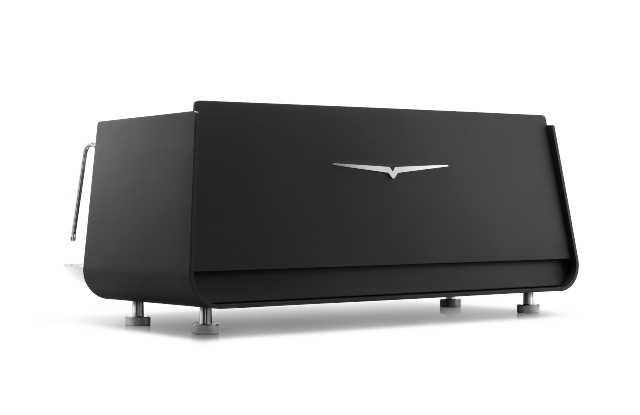BELFORTE DEL CHIENTI, Macerata (Italy) – Reducing the environmental impact of products and cutting energy consumption are themes that Simonelli Group has been working for some time, to the point that they constitute a driving force in the company’s R&D work. One of the latest projects that contribute to Simonelli Group’s transition towards a circular-type economy has set itself the objective of recovering composite materials to be able to use them again for the design and production of new composite materials, that nowadays have a vast range of uses and applications thanks to their durability and longevity, but which are also very difficult to dispose of.
The De-Manufacturing research project by Simonelli Group and Delta
The De-Manufacturing research project, developed by Delta srl and Simonelli Group, is part of the Marche Region’s Marlic (Marche Applied Research Laboratory for Innovative Composites) platform in the context of “Sustainable manufacturing: eco-sustainability of products and processes for new materials and de-manufacturing”.
The challenge of re-use of composites responds to a strong requirement, as it involves not only an improvement in environmental sustainability, but it will lead to significant technological, economic and social effects.
It will be possible not only to reduce flows, but also to identify those technologies that can make composites into re-usable materials for products or usable in various supply chains. This also offers a solution to the need, which is particularly urgent at this period in our history, for energy saving and new resources.
The development phase
“In cooperation with Delta srl (company in the Plados-Telma Group, one of the major world producers of kitchen sinks using composites, ed.), Camerino University, Marche Polytechnic University, CNR and ENEA – stated Mauro Parrini, COO Simonelli Group SpA – we have developed green formulas (different working methods and processes, for the re-use of composites, ed.) using recovered raw materials in partial substitution of virgin materials. We carried out innovative moulding tests for the side panels of the Victoria Arduino Eagle One coffee machine using recovered composites from Delta products, and we obtained a really sustainable fairing with very interesting features: it is antibacterial, it has a very high surface hardness thus with long durability and the colour stays unaltered and stable over time.”
Mauro Parrino, COO Simonelli Group: “Also, during the development phase, we transformed into a new resource and thus obtained a new raw material from the composite material from a drip-tray from which we produced the bean hopper lid for the Mythos grinder. These are two examples – continued Parrini – of the possibilities that arise from what we can effectively call ‘industrial symbiosis’, where a material, produced by a company, does not end its life cycle by becoming waste, but is returned to the productive cycle and becomes a resource, a raw material for production by another company”.
Circular economy
Delta and Simonelli Group’s De-Manufacturing project generated a synergic operation that has sought to apply the philosophy of the 4 Rs, the pillars of the circular economy: Reduction, Re-use, Recycling and Recovery of resources.
“We are truly delighted to take an active part in this virtuous synergy, promoted and developed also within the Marlic platform as advocates of a dual objective: to make a strong contribution to the transition towards a circular economy and to grow and develop the local industrial system – declared Fabio Ceccarani, Simonelli Group MD. “The De-Manufacturing project is another addition to a series of development projects that over the years have enabled us to improve our machines’ extraction performance through an extensive use of emerging technology and to cut energy consumption that represent over 90% of the environmental impact of all coffee machines.”
About Marlic
Marche Applied Research Laboratory for Innovative Composites (acronym: Marlic) is the Marche Region platform for “Sustainable manufacturing: eco-sustainability of products and processes for new materials and de-manufacturing”.
The Project, which is financed by the Marche Region in the ambit of POR Marche FESR 2014-2020, consists of a working group of 27 people under the guidance of the leading company HP Composites. Along with HP there are also 20 companies including Simonelli Group, the Cluster Marche Foundation and five research centres: Camerino University, the Marche Polytechnic University, Urbino University, ENEA and CNR.


















